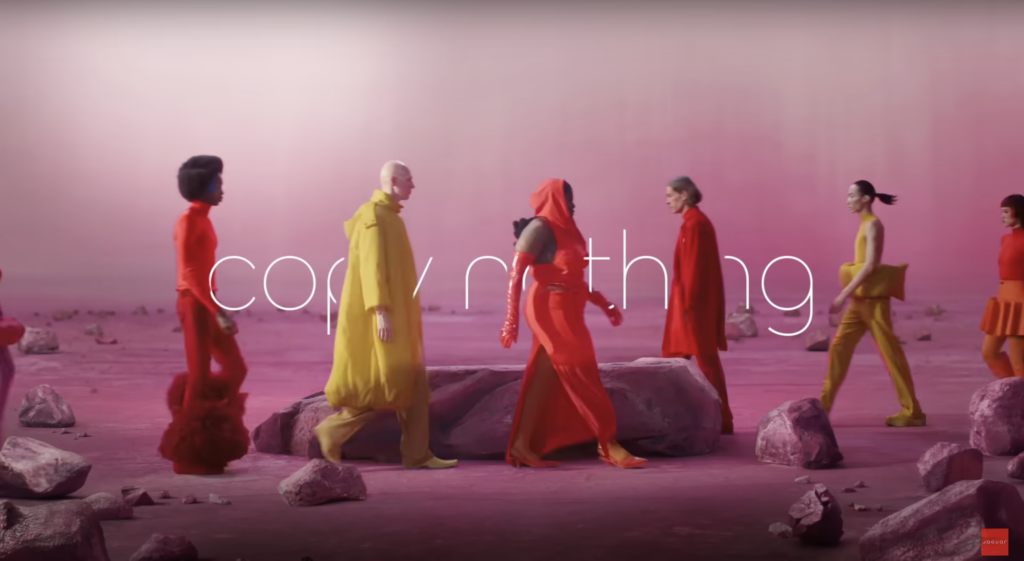What Trump is unable to mention during a debate
Donald Trump’s ability to discuss aspects of his criminal prosecutions during an upcoming presidential debate may be limited due to various court-ordered restrictions. These restrictions come from a recent criminal conviction for falsifying business records in New York and ongoing criminal cases in other jurisdictions. While President Joe Biden’s campaign utilizes this conviction in their $50 million ad strategy to portray Trump as a felon, Trump faces gag orders that prevent him from talking about certain individuals involved in his cases. This includes the prosecutors, certain court staff, and family members of both, who have been referenced in Trump’s criticisms and legal challenges. Notably, the gag order bars Trump from discussing conflicts of interest he perceives with prosecutor Matthew Colangelo and Judge Juan Merchan’s daughter, Loren Merchan, both of whom Trump has publicly criticized for their professional connections and potential biases. Although Trump cannot speak about these specific topics, he can still generally discuss his legal challenges and criticisms against figures like special counsel Jack Smith and state prosecutors not covered under the gag order. Additionally, Trump is bound by agreements in Florida and Georgia which prevent him from intimidating witnesses in his ongoing cases. As Trump nears his sentencing, the gag order remains in place indefinitely following an unsuccessful appeal, while debates and legal controversies continue to unfold surrounding his ability to engage in political speech amidst these legal constraints.
This dynamic indicates a complex intersection of legal, political, and free speech issues that are framing the discourse in the current presidential campaign cycle.
Donald Trump’s criminal prosecutions could become a topic in the presidential debate next week, but unprecedented court orders have restricted the former president in how he can address them.
Trump, the presumptive Republican nominee, will take the debate stage on June 27, one month after he was convicted by a jury of falsifying business records in New York and as he is in the midst of three criminal cases in other jurisdictions.
While his Democratic opponent, President Joe Biden, leans into messaging that characterizes Trump as a convicted felon and spends $50 million on campaign ads promoting it in the days before the debate, Trump is prohibited from taking aim at some of the main characters in his New York case and witnesses in other cases.
Dan Epstein, a constitutional law professor at St. Thomas University, told the Washington Examiner that Trump will be in uncharted territory when he walks onto the debate stage while under gag orders and bond agreements. Normally, he said, gag orders are legitimate when properly tailored to balance First Amendment rights.
“What makes the issue in the Trump prosecutions challenging is that he’s a political candidate engaged in political speech. It’s untested waters jurisprudentially,” Epstein said.
A gag order issued by Judge Juan Merchan in the hush money case will prevent Trump from discussing at the debate, for example, his concerns about one of the lead prosecutors and the judge’s daughter, both of whom Trump has argued presented conflicts of interest in the case.
Matthew Colangelo, who had a leading role in helping Manhattan District Attorney Alvin Bragg secure a conviction against Trump last month, worked in the Biden Department of Justice before Bragg, an elected Democrat, hired him to help with the hush money case in December 2022.
In March, Trump told reporters Colangelo was a “Biden DOJ guy.”
“Why is he in the Manhattan DA’s office trying the case? That in itself is a conflict. He’s in the Manhattan DA’s office trying the case. I mean, that’s called a conflict,” Trump said.
At the request of prosecutors, Merchan swiftly issued a gag order in March that shut down Trump’s ability to speak openly about Colangelo, citing concerns for the safety of Colangelo and others whom Trump has publicly criticized.
Merchan then expanded the order to include family members of prosecutors and court staff after Trump attacked the judge’s daughter in posts online. However, Trump had nonfrivolous concerns about Loren Merchan that he also raised in court motions.
The former president will not be able to discuss these motions at the debate.
They involved Trump asking Juan Merchan to recuse himself from the case on the grounds that his daughter’s line of work presented a conflict of interest. Loren Merchan is an executive at a top Democratic marketing firm, and her company has raked in millions of dollars from some of Trump’s most prominent political rivals by providing marketing services to them. Those rivals, such as Rep. Adam Schiff (D-CA), have solicited campaign donations by highlighting Trump’s criminal trials. Trump’s attorneys argued in the motions that the judge’s family stood to gain monetarily from the outcome of the case. Juan Merchan denied both motions.
The gag order specifically instructed Trump, under the threat of fines or jail time, to refrain from speaking about witnesses, all prosecutors except Bragg, all court staff except Juan Merchan, and the family of prosecutors and court staff. Trump has already been fined for violating the order, and the judge warned jail would be his next move if the violations continue.
Trump appealed the order, but on Tuesday, New York’s highest court tossed out the appeal, meaning the gag order remains active indefinitely as Trump awaits sentencing and as he plans to file an appeal to his conviction.
Trump can speak more broadly about all of his cases, and he can talk as little or as much as he wants in the debate about special counsel Jack Smith or the state prosecutors who brought charges against him. The gag order in New York, as well as a similar one issued by Judge Tanya Chutkan in his case in Washington, D.C., expressly permit Trump to criticize those figures.
In Florida and Georgia, where Trump is not operating under gag orders, the former president still agreed to conditions of release that bar him from intimidating known or potential witnesses in those cases.
Because of these various limitations, Trump cannot speak at the debate at all about known or potential witnesses in any of his cases when the speech could be perceived as intimidation.
If Trump wanted to, for example, take issue at the debate with former Vice President Mike Pence or retired Gen. Mark Milley, whom Trump has publicly excoriated in the past, he could now face legal ramifications, such as fines or jail time, depending on how Trump speaks about them. If Trump wanted to blast Michael Cohen, a controversial witness in the New York case who frequently openly derides Trump in media appearances and on other platforms, Juan Merchan could penalize Trump with jail.
Additionally, Trump could be limited at the debate from raising a narrower concern he recently expressed in the classified documents case in Florida.
Smith is urging Judge Aileen Cannon to modify Trump’s release conditions there to suppress Trump from perpetuating an unfounded claim that Biden had been preparing to assassinate him when the FBI executed a search warrant on Trump’s Mar-a-Lago residence in 2022.
Trump based his claim on the search warrant’s language, which included a standard policy about the use of lethal force. The FBI responded in a rare statement by disputing Trump’s narrative.
“No one ordered additional steps to be taken and there was no departure from the norm in this matter,” the bureau said.
It is unclear if Cannon will rule on Smith’s request before the debate.
CLICK HERE TO READ MORE FROM THE WASHINGTON EXAMINER
Epstein said he believed there was historical precedent for courts to uphold political prosecutions, which he said opened the door for Trump to have “stronger” rights to speak out about the prosecutions regardless of the legitimacy of the court orders placing restrictions on his speech about them.
“Certainly the former president believes that the current prosecutions of him are politically motivated. This raises the important issue that the former president has a stronger right to respond to political attacks,” Epstein said.
" Conservative News Daily does not always share or support the views and opinions expressed here; they are just those of the writer."





Now loading...